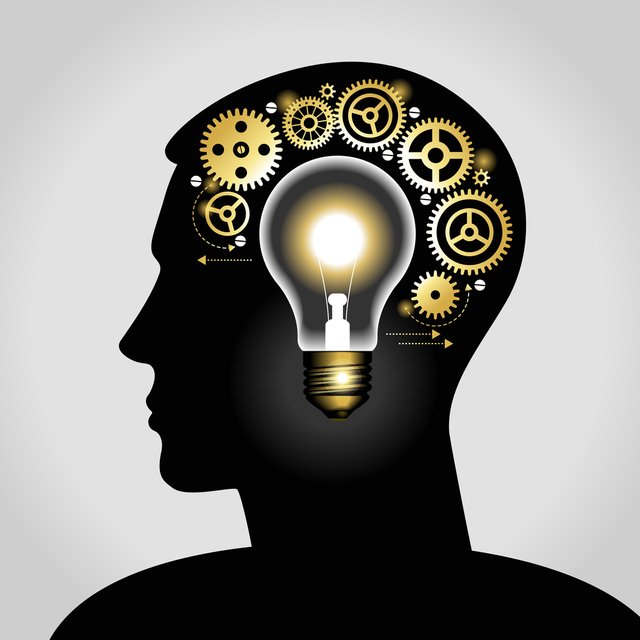Are you living life on autopilot?

The first conditioning we are exposed to, irrespective of community or race, is that we are the body. Then, that we are individuals. Neither can be proved. But we are not going to draw any conclusions, for he who looks and looks long enough must find the truth.
What are you? Every answer to this question comes from the autopilot mind which lies like a great brick wall between us and the truth. Every answer it gives us about ourselves is but another question, a reaction bouncing back off the same superficial knowledge, an amalgam of what we already know. So we get all the answers but no solutions.
The only way we can ever get through to the truth is by finding out what we are not. We do that by looking, by observation. It is by observing we are not the objects around us that we get our sense of duality, our self-consciousness. So by observing the autopilot mind in action we gradually disidentify from it and finally realise we are something else. That something — consciousness without the self — is beyond the reactions of your autopilot and it is there we find the truth.
The autopilot in us is memory. Worry, fear, every thinking reaction comes out of memory. This must be understood first. You can demonstrate this to yourself now by asking yourself a question, any question, and following what happens.
You must forget any theories you have read or heard. We are not concerned with intellectual thinking or arguments here. You do not need to know psychological terms, what Freud said and the rest of it.
This process of self-discovery is scientific and the invariable rule of science has to be applied — experiment and observe. The experiment is to ask the question; the observation is to look at yourself and see what happens. Being a science the laws cannot vary. Any apparent variation is in you: you will have stepped off the way of facts into conclusions. The sun is either shining or it is not. You do not have to conclude; you just look.
When a research scientist enters his laboratory to try to discover something new he leaves outside all his opinions, likes and dislikes. He sets up his experiment, begins the action and observes the results. You have to be a scientist, observing the challenge that life throws up. The beauty of it is that the experiment is always working. You do not have to set aside time or interfere with any of your activities. The hardest part is to make sure the scientist, the observer of yourself, is there.
Sometimes as you peer into the magnificent unexplored depths of yourself, your very being will sing at the beauty of a truth discovered and you will exclaim with all the triumph and certainty of a scientist, ‘That is right.’ But do not imagine you can share your jubilation with everyone. Unless they are explorers of themselves they will not understand. They may say they do but they cannot, and you will know they do not. The rewards in this process go only to those who make the effort; that is the superb justice of it.
Memory is the product of experience and it contains the facts you use to cope with the practical side of life. But it must also contain something else, otherwise we would all agree on the facts and there would be no dispute. You cannot sensibly argue about how many legs a cow has, yet our lives are spent in almost continual dispute and disagreement.
People have wagered their lives on something as precarious as their memory of a date. We do it in a smaller way every time we have an argument. People declare with massive all-excluding conviction that such-and-such a thing is true. ‘I know it is,’ they cry. Who knows it is? On what immovable ground do these great declarations of truth rest? On impressions.
The greatest part of memory consists of impressions. These are the results of conditioning — the religion we were brought up in, our political, family and social environment. It is the most subtle, cloying form of all experience. Impressions are the source of all our opinions and arguments.
When you say God does or does not exist, or that someone is good or bad, you are drawing on impression-memory. When you say you ‘feel’ or ‘just know’ something, you are using impressions. It is unscientific to say you ‘feel’ something. It really means you have not made the effort to find out the fact.
When you next reply ‘I don’t know’ to a question, observe the state of no-thought, the absence of busy reference to memory, to conditioning and impressions. You are like a photographic plate exposed in a darkroom, absolutely still yet perfectly poised to receive the light, the new.
Superb.
It sounds like Krishnamurti .
Anyway, "The rewards in this process go only to those who make the effort; that is the superb justice of it.". :)
Great writing. Thanks.